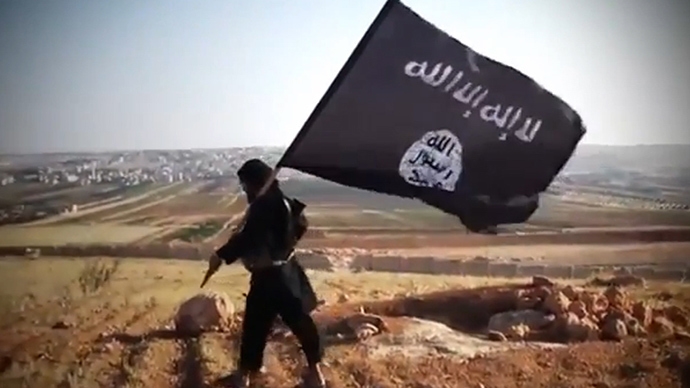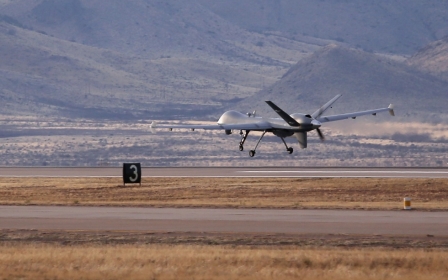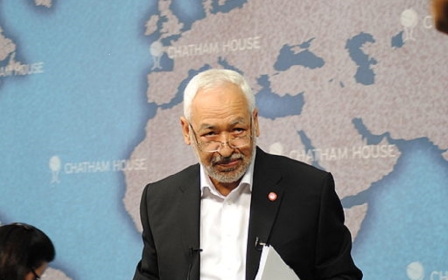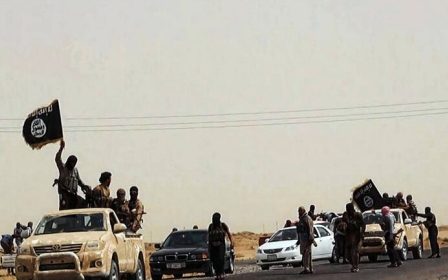Kerry calls for 'global coalition' led by US against Islamic State

US Secretary of State John Kerry has called for a global coalition to combat Islamic State fighters' "genocidal agenda" after President Barack Obama admitted he had no strategy to tackle the group.
Kerry's call followed a decision by Britain to raise its terror alert level over fears of possible attacks.
Writing in the New York Times, a week before a NATO summit in Wales, Kerry urged "a united response led by the United States and the broadest possible coalition of nations."
He said he and Defence Secretary Chuck Hagel would meet with European counterparts on the sidelines of next week’s summit to enlist assistance, and then travel on to the Middle East to build support "among the countries that are most directly threatened."
US President Obama has acknowledged that Washington has no strategy as yet to tackle the Islamic State, which has declared an Islamic "caliphate" in large swathes of territory under its control in Iraq and Syria.
But Kerry said in his op-ed on Friday that the United States would be putting forward an action plan at a summit meeting of the UN Security Council in September, when Washington will hold the group's rotating presidency.
"What's needed to confront its nihilistic vision and genocidal agenda is a global coalition using political, humanitarian, economic, law enforcement and intelligence tools to support military force," Kerry said.
US bombing IS in Iraq
The United States began carrying out air strikes against the group in Iraq earlier this month, but has yet to decide if it will expand that military action into Syria.
However, the US did begin “reconnaissance flights” over Syria using both staffed aircraft and pilot-less drones on Tuesday.
In Syria, the government of President Bashar al-Assad has said it is willing to cooperate on tackling extremists, but that any military action on its soil must be coordinated.
That is a tough sell for Washington, which has long backed the rebels seeking Assad's overthrow and accuses his government of serious rights abuses, including the use of chemical weapons.
Assad government forces launched attacks on rebel-held areas throughout the country on Friday, killing 64 people including eight children, according to British-based monitor the Syrian Network for Human Rights (SNHR).
Syria's state news agency reported that the Syrian army had "neutralised" scores of armed men and destroyed their vehicles.
Assad's government has been accused of launching frequent barrel bomb attacks, which may be a violation of international law, during the conflict - SNHR documented a reported barrel bomb attack on 20 August that destroyed a market in old Aleppo.
Meanwhile the threat posed by IS, which has its base in north central Syria and has reportedly attracted hundreds of Western volunteers to its ranks, prompted Britain to raise its terror alert level on Friday.
The move takes the alert level to "severe," meaning an attack is "highly likely."
British Prime Minister David Cameron told reporters there was "no doubt in my mind" IS militants had their sights set on targets in Europe.
But the White House said Washington had no plans to follow suit, though US national security officials had been in close contact with London on the issue.
New MEE newsletter: Jerusalem Dispatch
Sign up to get the latest insights and analysis on Israel-Palestine, alongside Turkey Unpacked and other MEE newsletters
Middle East Eye delivers independent and unrivalled coverage and analysis of the Middle East, North Africa and beyond. To learn more about republishing this content and the associated fees, please fill out this form. More about MEE can be found here.





